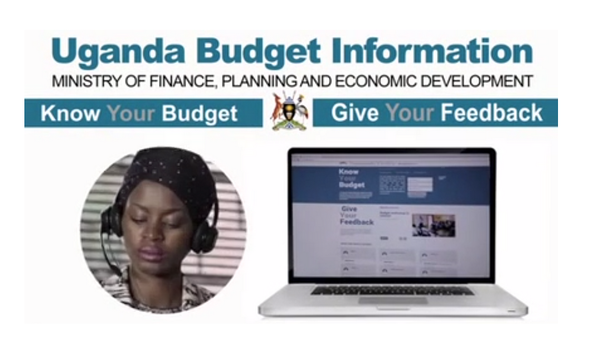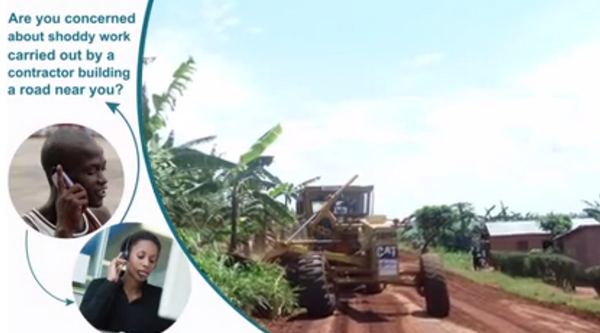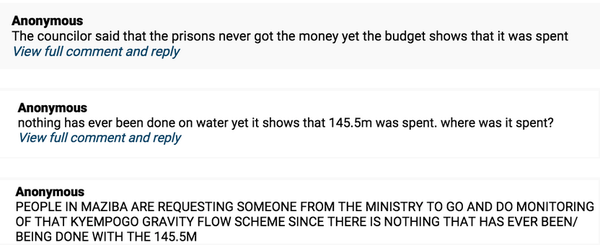What if every citizen had access to information about how government was spending and allocating funds?
What if government representatives had an efficient way to engage with citizens and hear which issues mattered to them most?
A new platform has been launched in Uganda, which aims to do this through a mobile website, free budget hotline and SMS system. The initiative, announced with the tagline “Know Your Budget – Give Your Feedback!” provides Ugandan citizens with access to information and budgets on service delivery in their local area.
Show me the money
The campaign introducing this initiative, which was launched by the President of Uganda, asks:
Do you know how much money has been allocated to your local primary school? Do you know how much has been planned to spend on road maintenance this year? Call the hotline 0800 229 229 Monday – Friday 9am – 5pm or search the website.
By making information on public funds accessible and providing citizens with an anonymous whistleblowing tool, the initiative aims to increase government transparency.
Access for all
Internet penetration in Uganda is low, mostly due to high costs and poor infrastructure. However, as reported by Freedom House the growth of mobile use has rapidly risen and the country’s penetration ranks as one of the highest on the continent. In order that the platform is widely accessible, the hotline, SMS system and mobile website is integral.
Arming citizens with facts
Providing information is the first step towards empowering citizens to advocate for fair budget allocations and quality service. However if nobody can interpret, understand or act on this intelligence, making data “open” won’t achieve much. The project is therefore committed to working with, and training, journalists and civil society groups.
Since the website’s launch, over 200 comments have been registered , and a quick overview demonstrates an engaged public asking poignant questions:
The project is an initiative of the The Overseas Development Institute together with the Uganda Ministry of Finance and is supported by Making All Voices Count.
As reported in Ugandan paper the New Vision, the initiative promises to make it easier for ordinary citizens to put their leaders on the spot. Just how responsive the government will be to information posted is yet to be seen, but the platform could provide a nationwide transparency system to rival any other in the region.


